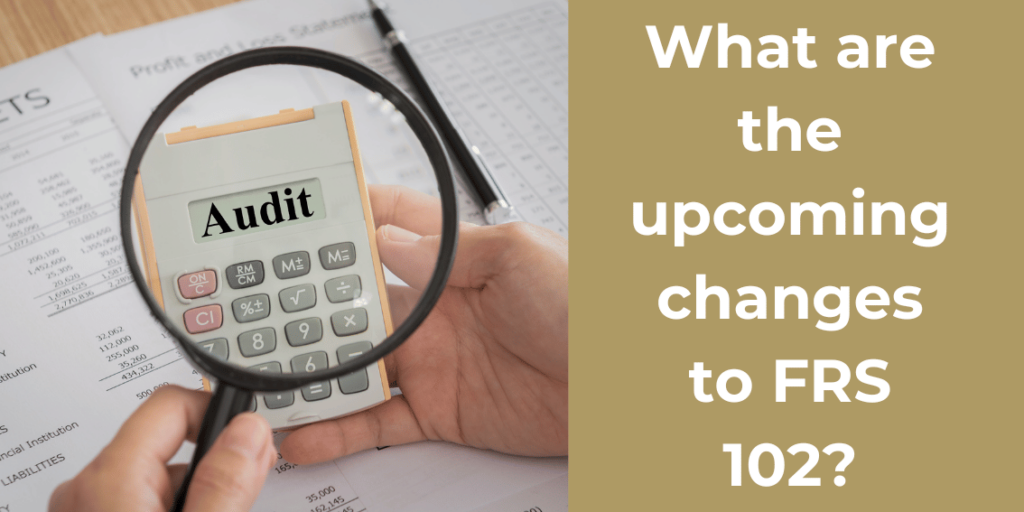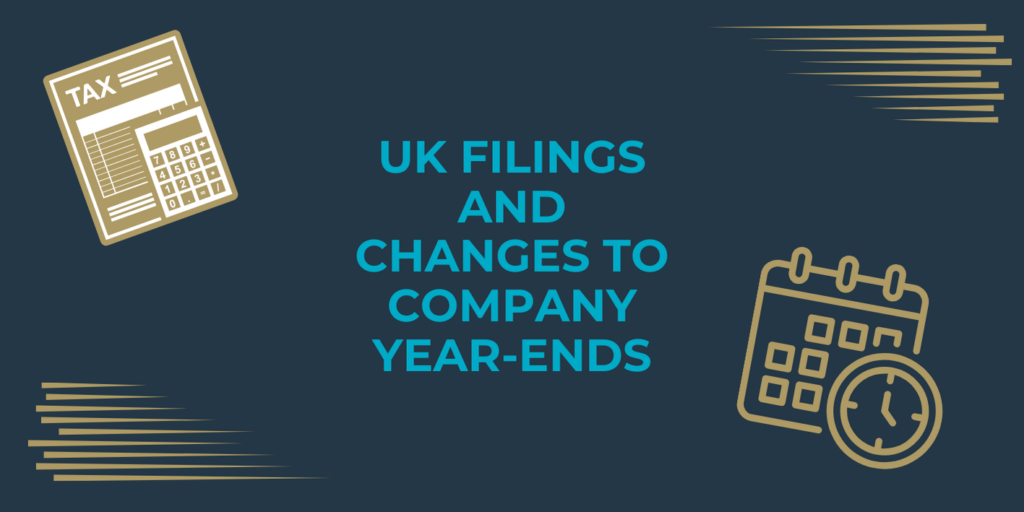What are the upcoming changes to FRS 102 and how audit can help ensure compliance?

The FRC has recently issued its long-awaited Amendments to FRS 102 Periodic review 2024. The amendments announced will impact a number of areas of financial statements including:
- Lease accounting: bringing leases onto the balance sheet.
- Revenue recognition.
Along with other less significant changes, the above will be effective for accounting periods commencing on or after 01 January 2026 and will bring FRS 102 in line with the new IFRS standards introduced in 2019. In this article we will explore the changes mentioned above and how they will affect the accounts of smaller businesses. We will also explain how an audit can help to guide companies through this transition.
- Lease accounting: bringing leases onto the balance sheet (aligning with IFRS 16).
- Current position: FRS 102 section 20 classifies leases as either operating or finance leases. Assets held under operating leases are not recognised on the balance sheet and lease payments are expensed. Assets held under finance leases are recognised on the balance with a lease liability included in creditors for the rent payable. Lease payments reduce the liability and are not charged to the Profit and loss. Instead, depreciation and interest are recognised as an expense.
- Amendment: effectively, the changes remove operating leases from FRS 102 meaning that all leased assets will be included on the balance sheet and accounted for as described above for finance leases.
- Exemptions: there are some exemptions available for short term and/or low value leases.
- Transition: there will be no need to restate comparatives, therefore the change is effectively done from the first day of the account period starting after the transition date. The value of the asset to recognise will be equal to the lease liability calculated as the present value of minimum lease payments. The lease payments are discounted at an obtainable interest rate.
- Likely impact: This will likely have a significant impact on the balance sheet as currently most leases are accounted for as operating leases and therefore there will be some practical issues with assessing all current leases. In terms of profit/loss there will be a charge for depreciation and interest instead of rent which will therefore increase EBITDA but may not significantly change the overall net profit figure. In terms of tax, depreciation and interest charged on leased assets will be an allowable expense instead of the rental payments.
- Revenue recognition: the five-step model (aligning with IFRS15)
- Current position: Under FRS 102 section 23 revenue relating to contracts is recognised with reference to the stage of completion of the transaction. This is sometimes referred to as the percentage completion method.
- Amendment: The change brings in the five-step revenue recognition model for transactions involving contracts implemented in IFRS 15. the five-steps are:
- Identify the contract with the customer.
- Identify the performance obligations in the contract.
- Determine the transaction price.
- Allocate the transaction price to each performance obligation.
- Recognise revenue when the performance obligation has been satisfied.
- Exemptions: Unfortunately, there are no exemptions
- Transition: there are two options for transition. Either restate comparatives or apply the transition in the first year of effect and restate opening retained earnings
- Likely impact: There will likely be little to no impact for a lot of entities as their revenue recognition already follows this model. For example, a shoe shop who sells directly to customers and recognises revenue when the goods are transferred is already effectively applying the new standard. However, the change may affect service contracts which include a set number of service visits in a period. each visit will constitute a performance obligation and revenue will be recognise when each visit takes place. However, under the current standard revenue may have been recognised straight line over the service contract. Therefore, revenue from contracts may be recognised sooner or later depending on the specific terms and the transaction. For this reason, companies will need to assess their individual contracts to correctly apply the change.
Implementing these changes will clearly be a technical and time-consuming process for accountants. However, your auditor can help with this in a number of ways. Firstly, from dealing with clients accounting under IFRS (or FRS 101) they will effectively have a strong knowledge and experience of applying these changes; an auditor can, therefore, guide the accountant through applying the amendments. Secondly, an audit can validate how the accountant has applied these changes, giving them reassurance that the first set of post transition accounts are materially correct and include all appropriate disclosures.
As leading Chartered Accountants with seven branches across central London and Kent, we have many years’ experience carrying out statutory audits of businesses applying a wide range of standards. We therefore have the knowledge and experience to help guide you through this transition. Please contact us for in-depth advice on this subject, including whether your company would benefit from an audit.








